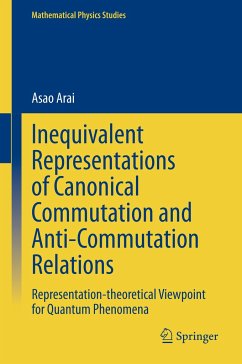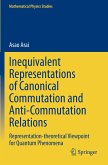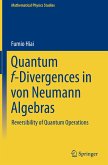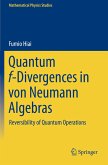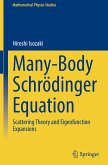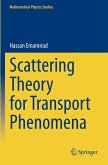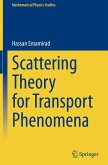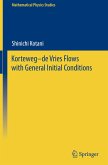Canonical commutation relations (CCR) and canonical anti-commutation relations (CAR) are basic principles in quantum physics including both quantum mechanics with finite degrees of freedom and quantum field theory. From a structural viewpoint, quantum physics can be primarily understood as Hilbert space representations of CCR or CAR. There are many interesting physical phenomena which can be more clearly understood from a representation-theoretical viewpoint with CCR or CAR. This book provides an introduction to representation theories of CCR and CAR in view of quantum physics. Particular emphases are put on the importance of inequivalent representations of CCR or CAR, which may be related to characteristic physical phenomena. The topics presented include general theories of representations of CCR and CAR with finite and infinite degrees of freedom, the Aharonov-Bohm effect, time operators, quantum field theories based on Fock spaces, Bogoliubov transformations, and relations of infinite renormalizations with inequivalent representations of CCR. This book can be used as a text for an advanced topics course in mathematical physics or mathematics.
"The monograph under review gives a perspective on the various realizations of the canonical commutation/anti-commutation relations with finitely or infinitely many degrees of freedom. This is a welcome addition to the literature in this research area, which emphasizes the applications to quantum physics." (Daniel Beltita, Mathematical Reviews, October, 2022)

